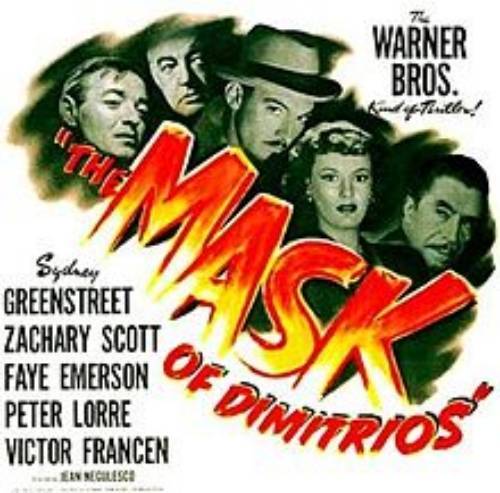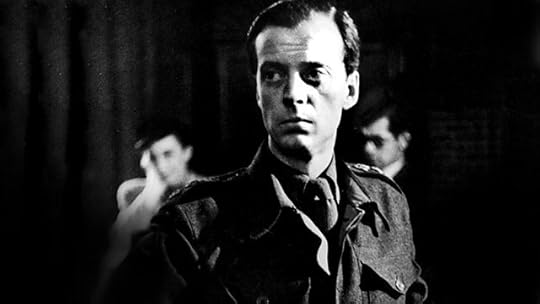What do you think?
Rate this book


Paperback
First published January 1, 1939







”But it was useless to explain him [i.e. Dimitrios] in terms of Good and Evil. They were no more than baroque abstractions. Good Business and Bad Business were the elements of the new theology. Dimitrios was not evil. He was logical and consistent; as logical and consistent in the European jungle as the poison gas called Lewisite and the shattered bodies of children killed in the bombardment of an open town. The logic of Michelangelo’s David, Beethoven’s quartets and Einstein’s physics had been replaced by that of the Stock Exchange Book and Hitler’s Mein Kampf.”
”Most international criminals were beyond the reach of man-made laws, but Dimitrios happened to be within reach of one law. He had committed at least two murders and had therefore broken the law as surely as if he had been starving and had stolen a loaf of bread.”
"[Dimitrios] had the appearance of being tame, but when you looked into his brown eyes you saw that he had none of the feelings that make ordinary men soft, that he was always dangerous."Published prior to World War II (but aware of some of the tensions), this is a more cerebral spy novel featuring a crime writer who ends up investigating a murder. The novel starts with Latimer in Turkey, talking about his crime writing, and learning about a current police case. He sees the corpse of Dimitrios, a man who had been pursued for some time by multiple governments. Latimer can't let it go and starts to follow the story.
"The baroque in human affairs is always interesting, don't you think?"'Baroque' is a word that carries a dual meaning of 'ostentatious' combined with 'irregularly shaped'. It is a word most often applied to physical art of some kind, usually architecture. It describes ornate, intricate design.